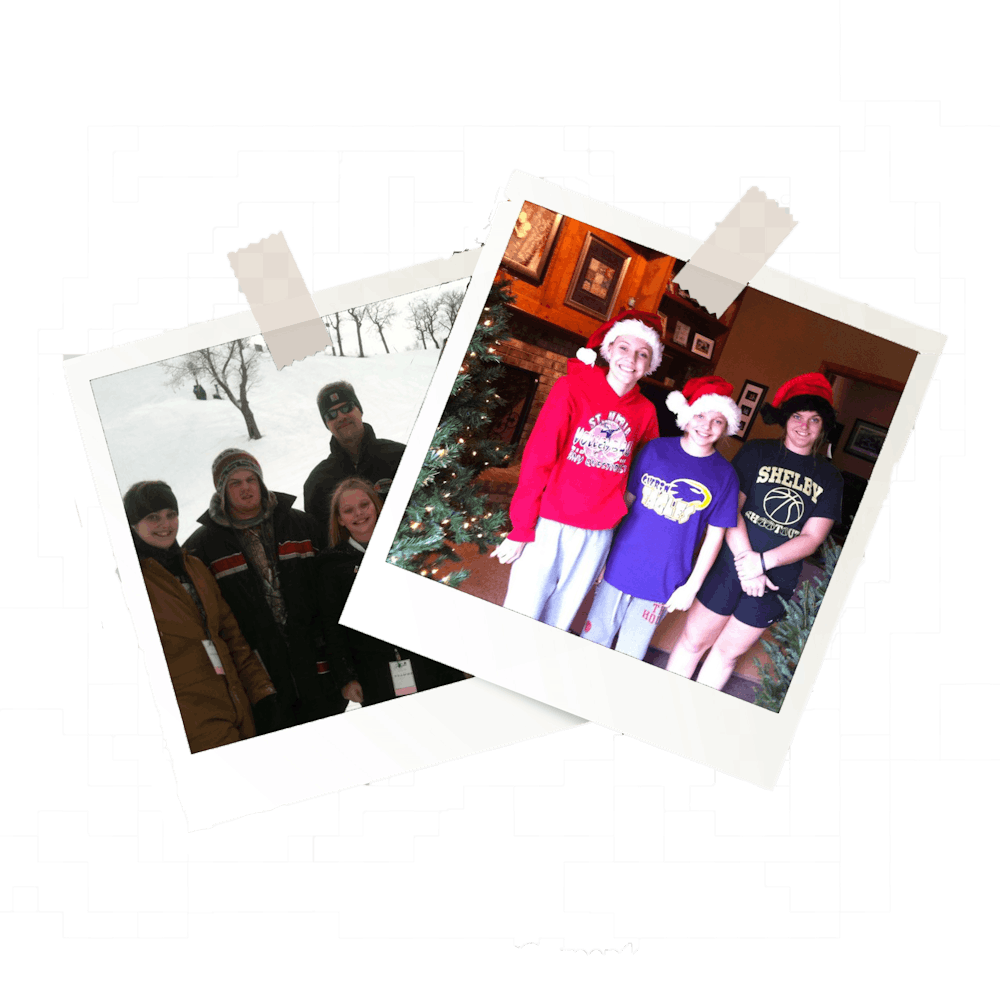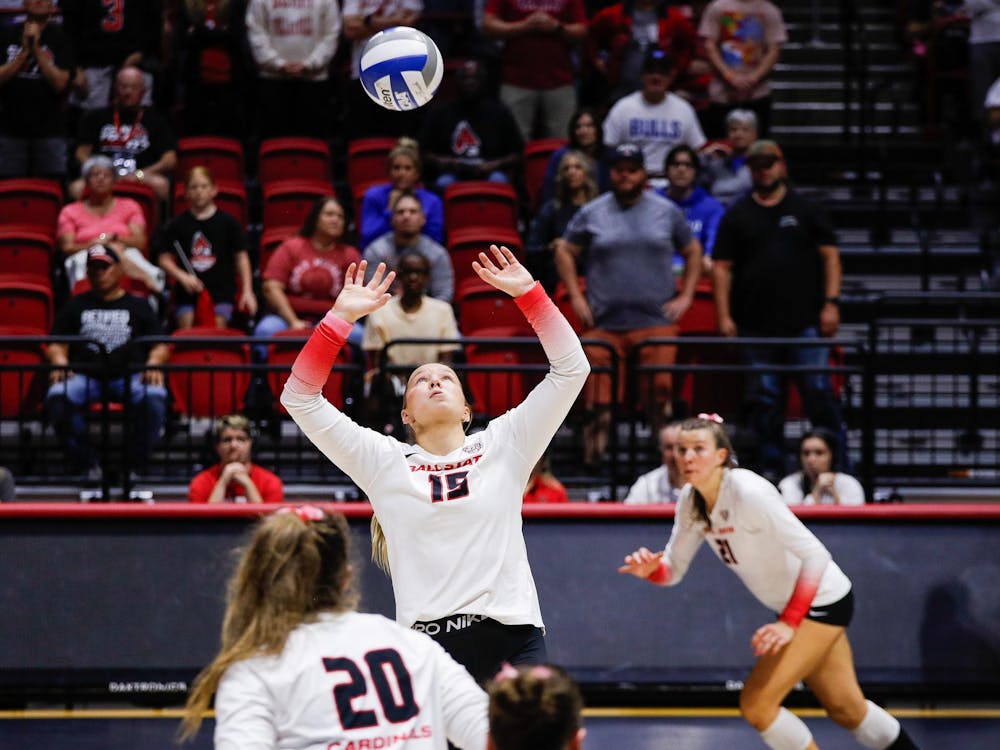
Sophie Nulph is a sophomore journalism major and writes “Open-Minded” for The Daily News. Her views do not necessarily agree with those of the newspaper.
We all remember waking up our parents up at 7 a.m. Christmas morning to run down the stairs and see the presents Santa Claus left under the tree. My family traditionally would wake up, eat muffins and bacon and open gifts. After opening all of the presents, we would get dressed and head down to southern Indiana to see our extended family. We would always spend the night at the Holiday Inn in Columbus, Indiana. Why? Simply because it’s a tradition.
Holiday traditions differ from family to family, but they are all traditions for a reason. There are emotions, sentiments and memories wrapped up in each Christmas morning that prevent people from wanting to stray away and try something new. As kids grow up, move out and get married, it becomes harder to keep these traditions alive. People get so caught up in trying to keep them alive that they lose sight of the possibility that new traditions can be formed.
Embracing new traditions doesn’t mean the old ones are gone forever; they are simply memories we learn to treasure.
I’m a 19-year-old college student with a long-term significant other and four older siblings who all have significant others as well. It has become almost impossible to keep that 7 a.m. wake-up call alive. Nowadays, we usually open gifts around 3 p.m., eat around 4 p.m. and go our separate ways.
This isn’t the tradition we necessarily wanted or planned, but it is the one that I have learned to cherish. The fact that the traditional 7 a.m. wake-up call is no longer attainable doesn’t stop me from beginning to cherish the new 3 p.m. tradition that has formed. I still get excited to rip the wrapping paper and attempt to toss it in the giant black trash bag after staring at the gifts, longing to open them, for six long hours.
We used to all decorate the house the day after Thanksgiving. We would work together in an assembly line to get all the boxes out of the attic and downstairs. Now, everyone works the day after Thanksgiving, and whoever is available that day helps decorate. Otherwise, my mom would run out of motivation to decorate our three-story house and put up our three differently-themed Christmas trees. Yes, we have three — a bird-themed tree in our foyer, our Radko tree in our living room and our Steelers-themed tree set up in the corner of our Pittsburgh-themed basement.
We used to get a real Christmas tree and decorate it with all of our homemade ornaments. Now, we use the Christmas tree and glass Radko ornaments we inherited from my grandparents when they passed away.
Christmas is a pitch-in now — each kid signs up for a dish to bring. We don’t see my aunts and uncles in Columbus anymore because it’s too far away for each of us to drive. We celebrate with them in January now.
While these traditions took some time to get used to, my family has learned to cherish the new traditions that have been created. As individuals, we all know we can’t continue what feels like hundreds of holiday traditions we used to do each year in the high speed and stressful gap between Thanksgiving and Christmas. But as a family, we don’t want to let go. Once we finally let go of the past that we cling so desperately to in an attempt to avoid change, we can see new traditions forming and look back at old ones with fondness.
These new traditions don’t take anything away from the sentiment of Christmas. The holiday season is about getting together and celebrating — whether your family celebrates Christmas, Hannakuh, Kwanzaa or you all hate the holidays. This time of year is about togetherness, and new traditions don’t steal that away. Traditions are allowed to learn and grow with us, starting over with the creation of a new family who can’t wait for the day their kid wakes them up at 7 a.m.
Contact Sophie Nulph with comments at smnulph@bsu.edu.





